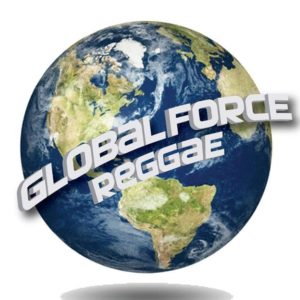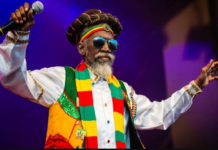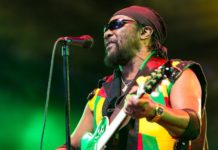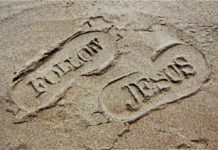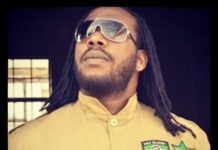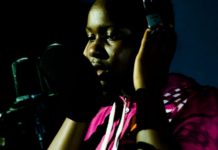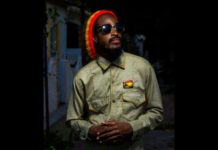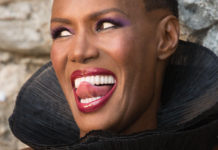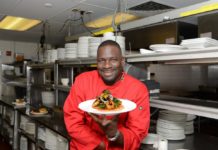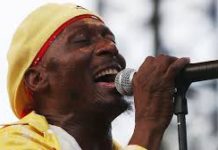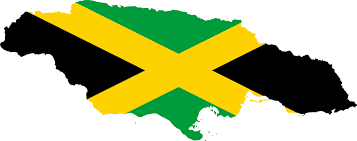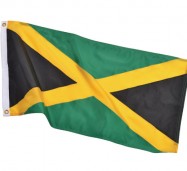

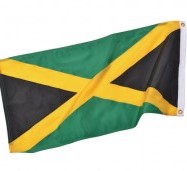
Brief history of Jamaica :
Jamaica is a beautiful island in the Caribbean. It sits 90 miles south of Cuba and 119 miles west of Hispaniola. It is largest English speaking and the third largest island in the Caribbean.
The original inhabitants of Jamaica were the Arawaks, also called Tainos. They came from South America 2,500 years ago and named the island Xaymaca, which meant “land of wood and water”.
On May 4, 1494, Christopher Columbus docked on the island and claimed the land for the king and queen of Spain. This was his second voyage to the West Indies.
In 1655, the English led a successful attack on Jamaica. The Spaniards surrendered to the English, freed their slaves and then fled to Cuba. It was this set of freed slaves and their descendants who became known as the Maroons. After the treaty of 1738 and 1739, which states the British would leave the Maroons alone, but they would serve if needed for military actions. The British eventually deported some of the Maroons to Nova Scotia and later Sierra Leone.
During the early English settlement in Jamaica, the buccaneers took their loot of gold, silver and other jewels to Port Royal. Port Royal was known as one of the “wealthiest and wickedest city in the world”. A violent earthquake destroyed Port Royal on June 7, 1692. Port Royal became an important naval base in the eighteenth century.
In 1662 there were about 400 Negro slaves on the island. As the cultivation of sugar cane became the main crop, the number of slaves grew to 9,504 by 1673. The landowners acquired more slaves to do the work on the estates, and in 1734 there were 86,546 slaves in Jamaica. On January 1, 1808 the Abolition Bill was passed. Trading in African slaves was declared to be “utterly abolished, prohibited and declared to be unlawful”. Emancipation and apprenticeship came into effect in 1834 and full freedom was granted in 1838. The beginning of the 1840’s the British started importation of East Indian and Chinese as indentured servants to supplement the workforce. Jews and Irish also found refuge in Jamaica.
Jamaica gained their independence from England on August 6, 1962 after over three centuries of British rule. Jamaica is a Commonwealth realm, with Queen Elizabeth II as its monarch and head of state. Her appointed representative in the country is the Governor-General of Jamaica.
The history of Jamaica is rich and vibrant. There are a few things that comes to mind when you think of Jamaica. Our beautiful beaches, Blue Mountain Coffee, jerk chicken/pork, Dunn’s River Falls, rum and reggae music. This music is renown and loved throughout the world. Jamaica’s history is full of adversity and prosperity; which speaks of the determination of it’s people.
Jamaica is a country of diverse race and culture, that strives together.
As our motto states, “Out Of Many One People“.
Source:cb@globalforcereggae
